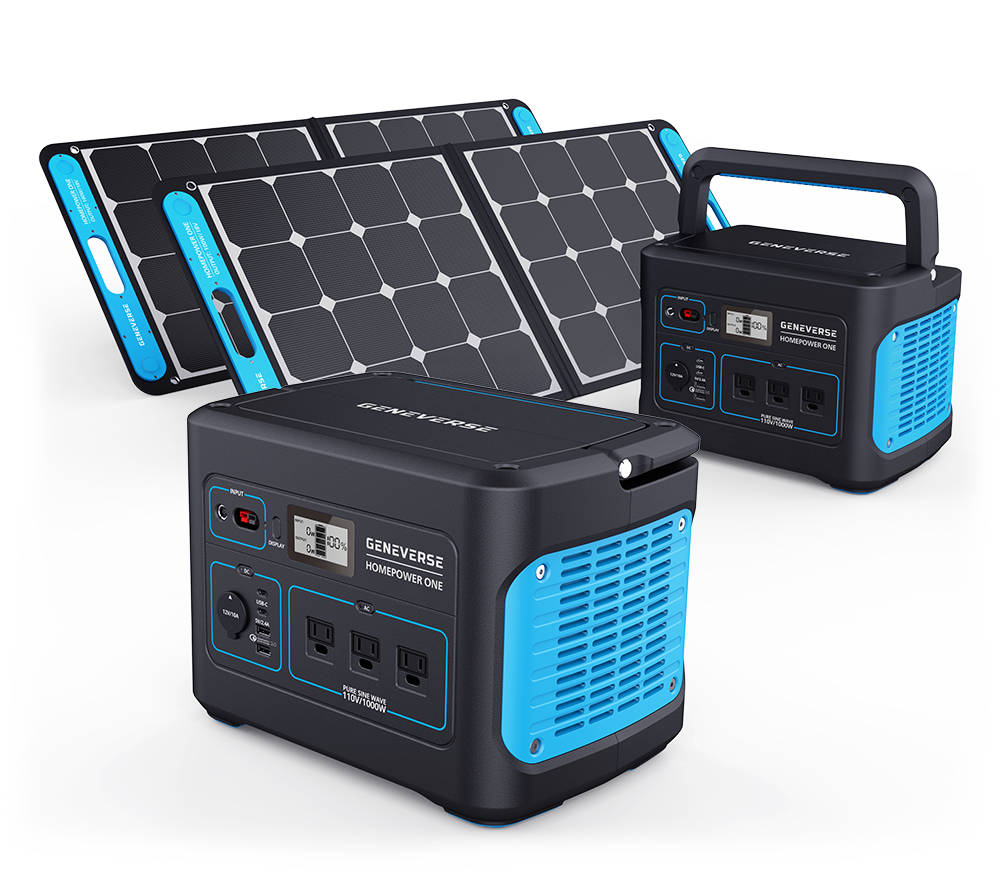Even though it might be painful to admit, summer is just about over. The fall season takes effect on September 22nd and lasts until December 21st.
As we continue to navigate through the final summer heat waves, it’s important to understand that fall can bring on its own brand of extreme climate and severe weather events.

Common Fall Weather Threats
Some of the most common severe weather events that occur during the fall season include intense thunderstorms, frost, and early season snowstorms. The Atlantic hurricane season generally lasts from September through November, so this lands right in the thick of the fall season.
Late summer weather threats like flash floods, landslides, extreme heat, thunderstorms, and lightning strikes also continue to occur through the end of summer and into the fall season. Climate change contributes to the ordeal as well, causing extreme weather events to be more frequent and have wider-ranging implications.

Preparing for Fall Weather Conditions
It’s important to have a plan just in case things go south weather-wise this fall. Effective plans of action will include mapping out the best exit strategy in cases where the home needs to be evacuated. Make sure that everyone in the household knows the best path outside of the home as well as their role in your evacuation plan.
It’s a good idea to pull together a first aid kit that will have bandaids and other wound dressing supplies, Tylenol, disinfectant, antibiotic ointment, tweezers, scissors, splints, plastic (non-latex) gloves, as well as instant cold packs.
Put together an emergency kit as well, which might include:
- Food rations (non-perishable)
- Flashlights
- Candles
- Bottled water
- Batteries
- Roadmaps
- Emergency contact list
Make sure the emergency and first aid kits are stored in an easily-accessible place so anyone in the family can grab them on the fly if need be.
Follow Local Weather Sources
You can stay informed of your local weather conditions and give yourself as much advance notice as possible if a severe weather event occurs by following local weather specialists. In many cases, you can opt to receive alerts and warnings, which are always helpful in giving advance notice.
Have a Source of Backup Power

Having a reliable source of backup power is really what separates the amateurs from the pros when it comes to emergencies and severe weather events. A reliable generator will help you stay connected and keep crucial appliances and medical devices running for the long haul.
Geneverse crafts solar generators out of the highest quality materials with both individuals and entire families in mind. Our products help our customers harness up to 7 days of reliable power off a single charge. Our solar generators can be charged via solar panels, AC outlet, or via carport – so you can always get the power you need in one central location, even in cases of emergency.
Of course, we always hope that the best-case scenario occurs when it comes to emergencies and severe weather events. But we’re also here to help you plan for the worst-case scenario. Geneverse: reliable, renewable, and ready to work.
About Geneverse: Geneverse (formerly Generark) is the most reliable source of emergency backup power for your home and community. From the HomePower ONE power station providing portable access to electricity, to the SolarPower ONE as a source for recharging, never be disconnected from what matters most to you. Choose the size of Solar Generator perfect for you and your family. Learn more about how Geneverse and its industry-leading 5-year limited warranty can bring protection and security to your family on our website. Never face a power outage alone with a backup battery generator and solar panel from Geneverse.




Leave a comment (all fields required)